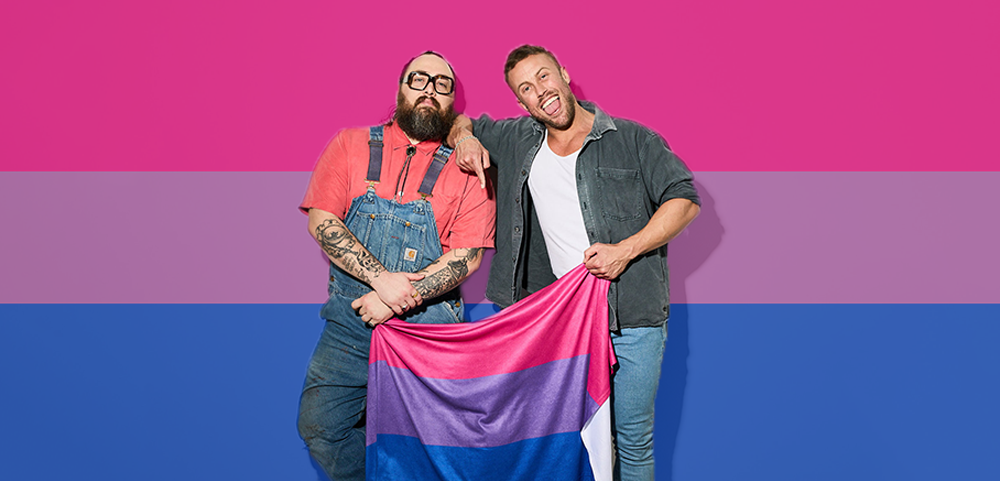
The recently-released Draft Revised Standards For Residential Aged Care contain not a word about competence in dealing with LGBTI people.
This is staggering in view of the number of submissions on aged care written by me and others. Collectively, we made a dent — and received recognition as a group with particular needs (due to discrimination). We were recognised as such in the federal Department of Health and Ageing’s (DOHA) Review of the Aged Care Complaints Scheme published by Walton in 2009 in which she acknowledged “there is genuine fear of retribution” against LGBTI residents who want to complain about the standard of care.
Although it was scant, we were also recognised as needing particular care in the Government’s (January 2011) Productivity Commission Draft Report on Caring for Older Australians.
Probably the most detailed submissions were made to the Review of the Accreditation Process for Residential Aged Care Homes conducted by DOHA. So why is there not one word on this subject in the revised accreditation standards? We have until May to ask that question.
If you care, you can send them a submission — even a two-sentence one saying ‘please explain’ — to accreditationreview@health.gov.au
Recently, the Human Rights Law Centre and the Australian Human Rights Commission presented a panel discussion on ‘Taking Human Rights from Geneva to Geraldton and Geelong: Using the Universal Periodic Review Process to Improve Human Rights on the Ground’. The three panel members, who were in Geneva in January for the international review of Australia’s human rights record, endeavoured to demystify the processes followed by the UN in its four-yearly Universal Periodic Review (UPR).
Fifty countries made more than 145 recommendations to the Australian Government regarding its human rights performance. Two of the issues are particularly relevant to the readership of this magazine, namely, the call to enact the human rights act recommended by Labor’s own inquiry and also to recognise same-sex marriage.
The beauty of the UPR is that the Government has to respond, in writing, to the UN Human Rights Council. It has undertaken to do so by June this year. However, panellists warned that the workings of the UPR are fairly labyrinthine, so we should not hold our breaths for much change.
info: Visit www.hrlc.org.au/content/universal-periodic-review-of-australia and www.humanrights.gov.au/podcasts/index.html Barbary Clarke is co-convenor of the VGLRL’s Policy Working Group.








